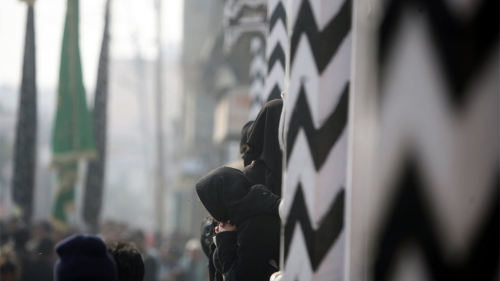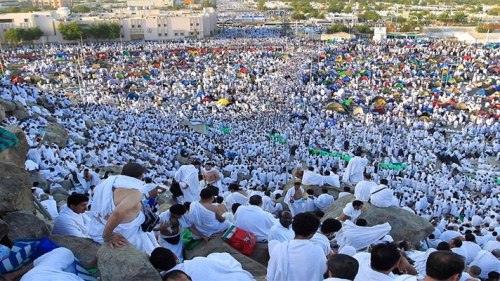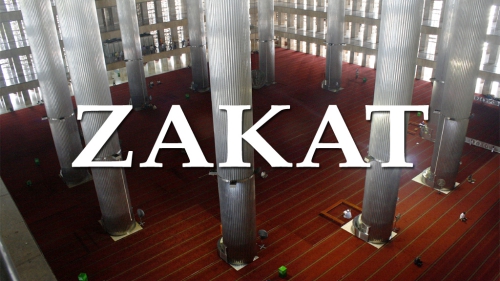London 2012: Islamic Olympians embrace Ramadan fasting
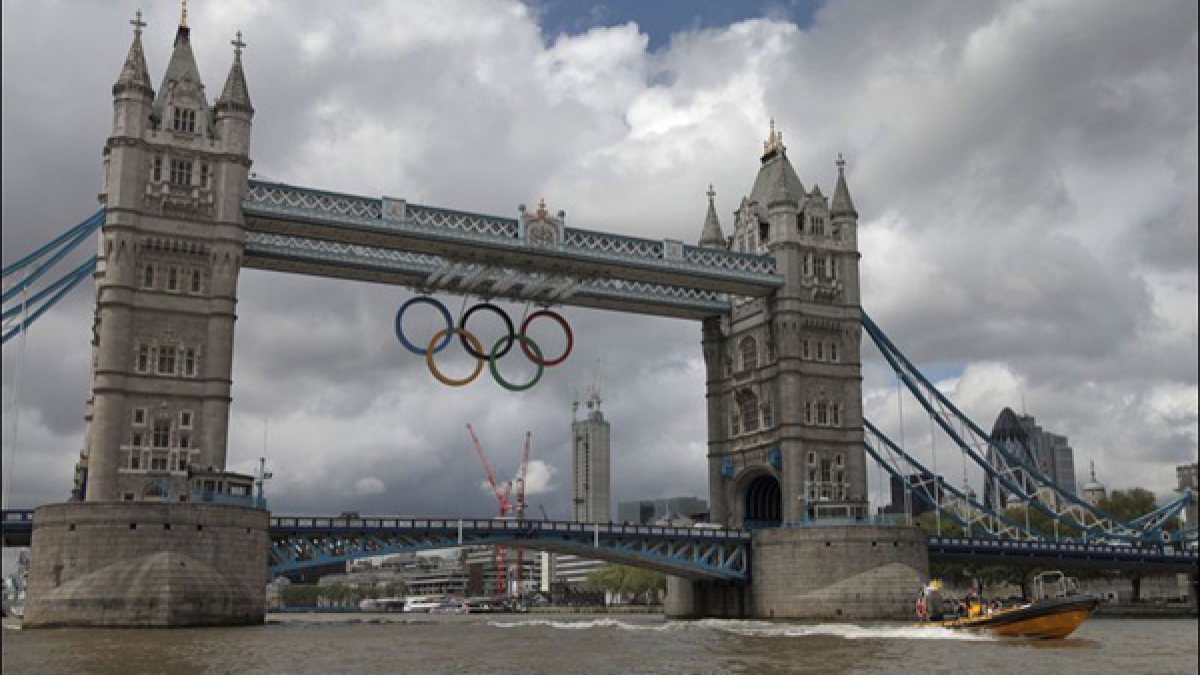
For the thousands of athletes hoping to win medals at this summer's Games, nutrition is of paramount importance.
Competitors are renowned for painstakingly watching every calorie, counting each ounce of protein, as they strive for physical perfection at what is the most important time of their lives.
So spare a thought for the more than 3,000 Muslim sporting stars who are competing in the midst of Ramadan, the holy month where all adherents to Islam are expected to fast from sunrise until sunset.
The timing of London 2012, the first Olympics to coincide with Ramadan since 1980, caused so much concern within some Muslim sporting bodies that they asked the International Olympic Committee to consider moving it. One of their key concerns was the length of the daily fast that would have to be done in Britain where the daylight hours in summer are from 5am to 9pm - a grueling ordeal for those who live closer to the Equator.
The request was declined but organizers have gone to great lengths to try and make sure Muslim athletes are catered for. The canteens at all the sporting venues are open 24 hours a day so athletes can fill up on halal food once the sun goes down.
For Ahmed Habash, Egypt's first ever Olympic sailor, the fast in Britain is a considerably longer one than he is used to. "In Egypt sunset is at 19:00 and here in England it is 21:00," he said. "During the actual races I am not going to fast by using the license. It does mean when I return home I'll have to re-fast, but only for the five days I miss."
But others relish Ramadan. "It's a blessing month," said Mohamed Mohamed, Somalia's 1500m runner. "I have been waiting for this month for the past 11 months, it's a month we are very happy to welcome. As an athlete it can get difficult, but I am ready to fast and train and to get through this difficult month."
Most athletes have been helped by the fact that their religious leaders have allowed them to avoid fasting using various religious get-out clauses. Islamic law is often flexible. Traditionally the ill, pregnant women, travelers and those who would have their only source of income affected can fast at another time or pay money to charity instead.
There is no central religious authority in Islam so each country makes their own decision. Nonetheless Egypt, the UAE, Algeria, Morocco, Malaysia - and even highly conservative Saudi Arabia - have all allowed their athletes to put off fasting.
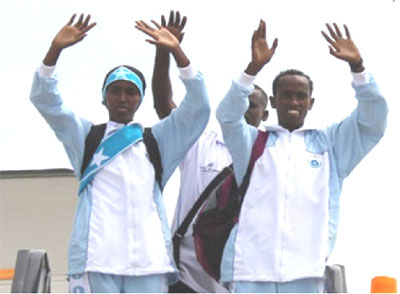 |
| Somalian athletes Zamzam Mohamed Farah and Mohamed Mohamed. Mohamed Mohamed said, "As an athlete it can get difficult, but I am ready to fast and train and to get through this difficult month. |
Yunus Dhudwala is an imam who normally works as chaplain in Newham hospital. Over the next two weeks he is one of the specially designated imams in the athlete's village. "Most of the athletes I've met are either delaying fasting for a later date. But some are fasting on all the days except on the day they have to compete."
Nonetheless there are those who still chose to go ahead with depriving themselves of food throughout the Games. Many of Morocco's football team have insisted on fasting even though their muftis have given them permission not to. At their first game against Japan over the weekend they lost 1-0 and were forced to defend themselves against the suggestion that Ramadan might be to blame.
Moroccan forward Noureddin Amrabat was substituted after 70 minutes. "Ramadan has little effect," he insisted. "I have less power. It's my religion and for me the only way is that you do Ramadan. It's not an excuse to play a match. I have my religion and I do 30 days Ramadan".
The team's Dutch coach Pim Verbeek added: "Of course [Ramadan's] difficult. Physically they cannot be 100% fit, but mentally they have to be a little bit better than they are."
Many of the scientific studies commissioned to look into the effects of fasting and sport have found little evidence to suggest it has a detrimental impact on performance.
"People often assume it will affect an athlete's performance but it's not as simple as that," says Professor Ron Maughan, an expert of sporting nutrition who has studied fasting. "Many athletes say they actually play better when they fast, they feel more focused, more in tune with their bodies."
Somali 400m runner Zamzam Moahmed Farah would agree. "Ramadan is something we have to perform," she said. "I'm just as fast and I will run and I don't think it will affect me as an athlete."
Thursday night the East London Mosque is holding a large iftar celebration for Muslims and non-Muslims which will be attended by the Palestinian Olympic team and other athletes. Iftar is the evening meal that marks the break of each daily fast and is usually celebrated communally.
*****
Source: The Independent
Topics: Fasting (Sawm), Ramadan
Views: 5503
Related Suggestions






